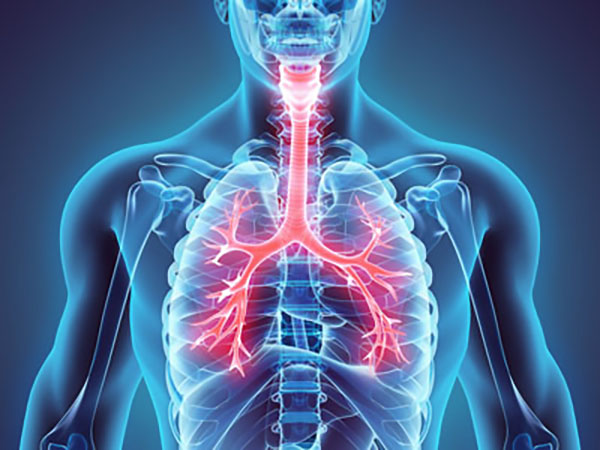What are Breathing Treatments Used For?

Breathing treatments make it possible for people dealing with respiratory conditions like chronic obstructive pulmonary disease and asthma to breathe freely. During these treatments, medications are pumped into the lungs via a nebulizer or an inhaler. Both devices are only available with a prescription, and both have their pros and cons.
Common types of breathing treatments
Nebulizer
This is a device that uses an air compressor to vaporize medication that is inhaled with a face mask or mouthpiece. Some nebulizers have to be plugged into an electric socket, while the more portable types are battery operated.
Generally speaking, most people use their nebulizer for five to 10 minutes. Staying still during the entire period makes the treatment more effective.
Inhaler
This is a hand-operated device that stores medication in a canister. The medication is released in the form of an aerosol when the inhaler is activated. Not all inhalers release medication into the mouth. There are also inhalers that discharge medication into the nose.
It takes you less than 30 seconds to use an inhaler. These devices are small enough to fit inside a purse or pocket, making them extremely easy to transport. An inhaler is fully mechanical, so it does not use any electricity or batteries.
While several respiratory conditions can be effectively managed with either a nebulizer or an inhaler, some conditions tend to react more positively to one over the other.
Common respiratory issues that require breathing treatments
Asthma
Asthma treatment is often broken up into two parts. During the first stage, fast-acting medication is used to alleviate flare-ups. The second stage of treatment involves medicines that prevent flare-ups from happening in the future.
Albuterol is the go-to medication prescribed for asthma patients. It is a fast-acting drug that gives the patient virtually instant relief when an asthma attack occurs. Albuterol can be delivered via an inhaler or a nebulizer.
If you have an asthma attack and do not have these devices, you can visit our urgent care center for prompt treatment.
Chronic obstructive pulmonary disease (COPD)
COPD refers to a class of lung diseases that inhibit the flow of air to the lungs. The most common types of these inflammatory lung diseases include chronic bronchitis and emphysema. The standard medications for COPD are corticosteroids and bronchodilators. The latter help to free up your airways, while the latter reduce inflammation. These two treatments are often combined as treatments for COPD.
Bronchodilators and corticosteroids can be administered through a nebulizer or an inhaler. There has not been enough research done to prove if one method of delivery is more effective than the other.
Other treatments a doctor might decide to use to deal with COPD include:
- Surgery
- Lung therapy
- Lung rehabilitation
Are you struggling to breathe?
If you are dealing with a health condition that restricts your ability to breathe, breathing treatments can significantly improve your quality of life. Visit our urgent care clinic for more information about dealing with issues that affect the respiratory system. We can evaluate your condition and recommend the most effective breathing treatments.
Call us today at (832) 941-1894 for more information from Texas Urgent Care & Imaging Center.
Check out what others are saying about our services on Yelp: Read our Yelp reviews.
Recent Posts
Walk-in clinic provide convenient, accessible health care for non-emergency medical needs, making it an ideal choice when immediate attention is necessary. Understanding when to visit a clinic can help patients save time, avoid unnecessary trips to the emergency room, and receive quality care for their health concerns. These clinics handle various issues, offering fast, professional…
Walk-in clinics provide minor illness treatment for patients seeking quick and effective healthcare to address their symptoms. These accessible facilities address non-emergency medical concerns without the need to wait days for the next available appointment. The following guide will review some of the most common minor illness treatments offered at walk-in clinics.Respiratory tract infections (RTIs)…
Ultrasounds are non-invasive diagnostic tools used in urgent care and primary care settings to assess various medical conditions. With these images, healthcare providers can identify and evaluate potential health concerns. Understanding when ultrasounds are necessary and what to expect during them can empower patients to make informed decisions about their care.An ultrasound diagnostic scan uses…
A pregnancy testing is one of the most effective ways to confirm pregnancy by detecting the hormone human chorionic gonadotropin (hCG) in urine or blood. In order to produce reliable results, it is important to understand the accuracy, timing, and different options of tests. While many people rely on over-the-counter pregnancy tests, it is important…


